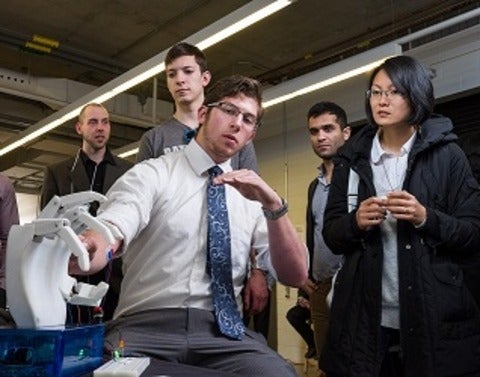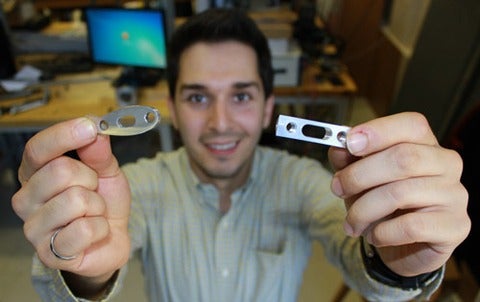Student hopes Day of Remembrance encourages conversations
Rawoofeen Chowdhury hopes the December 6 vigil for the women killed during the mass shooting at l'École Polytechnique de Montréal in 1989, will inspire conversations about diversity, inclusion and all forms of gender-based violence.
December 6 is the 28th anniversary of the Montreal Massacre, when a gunman walked into an engineering classroom and separated the men from the women before killing 14 women and screaming, “I hate feminists.”


 fertilizer contaminants, engineering researchers from the University of Waterloo's Water Institute have found.
fertilizer contaminants, engineering researchers from the University of Waterloo's Water Institute have found.

